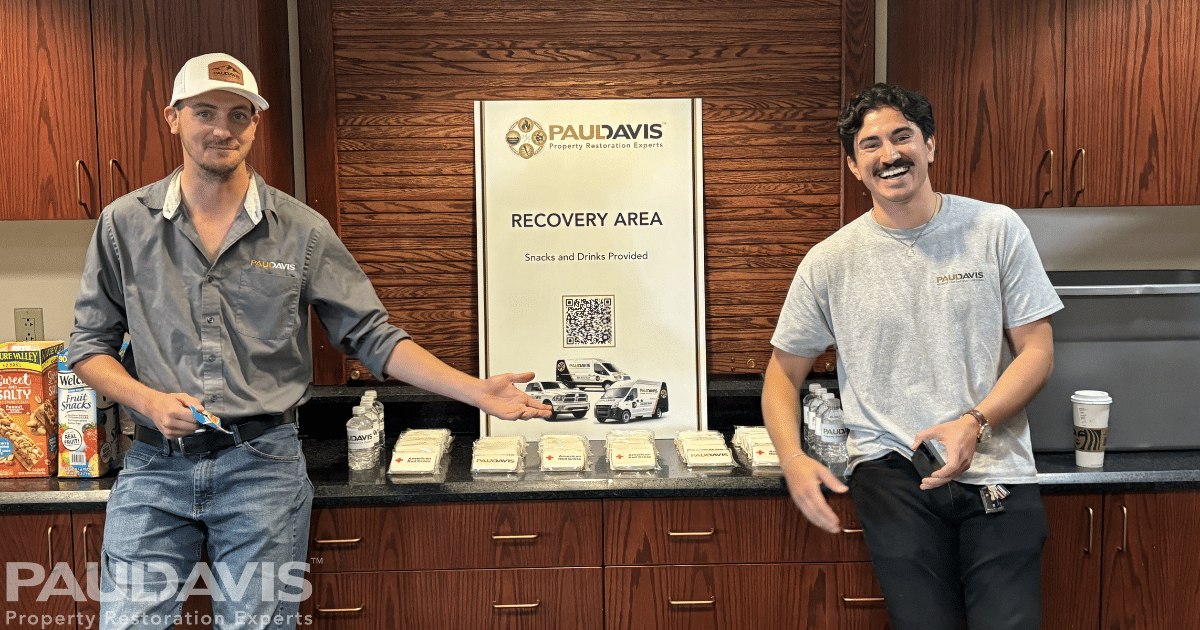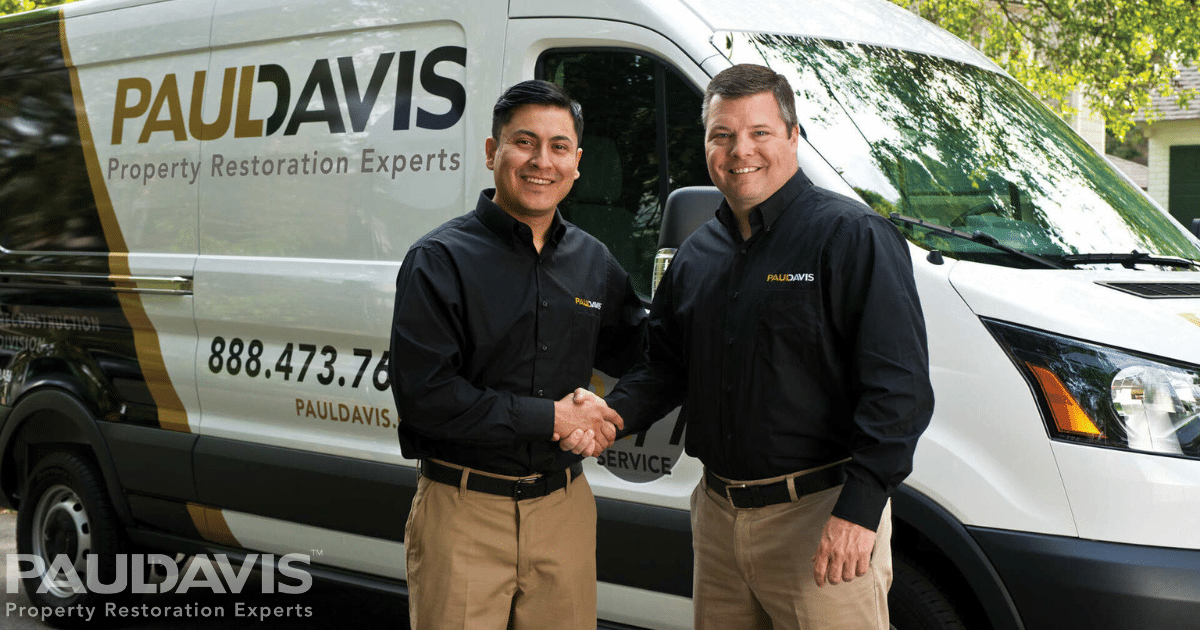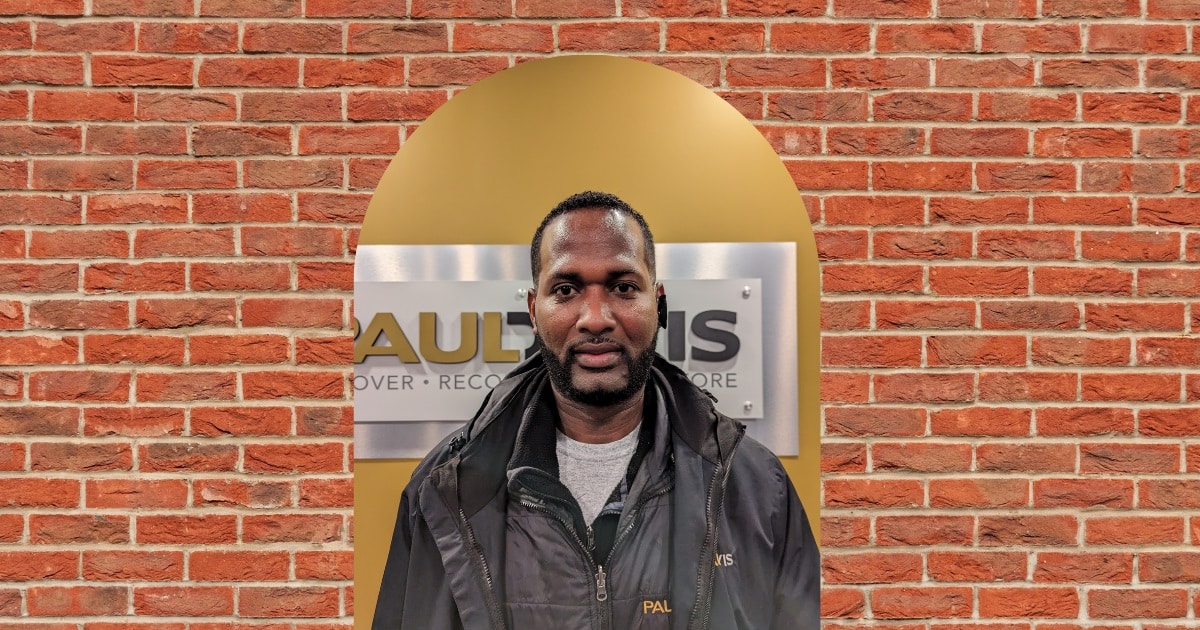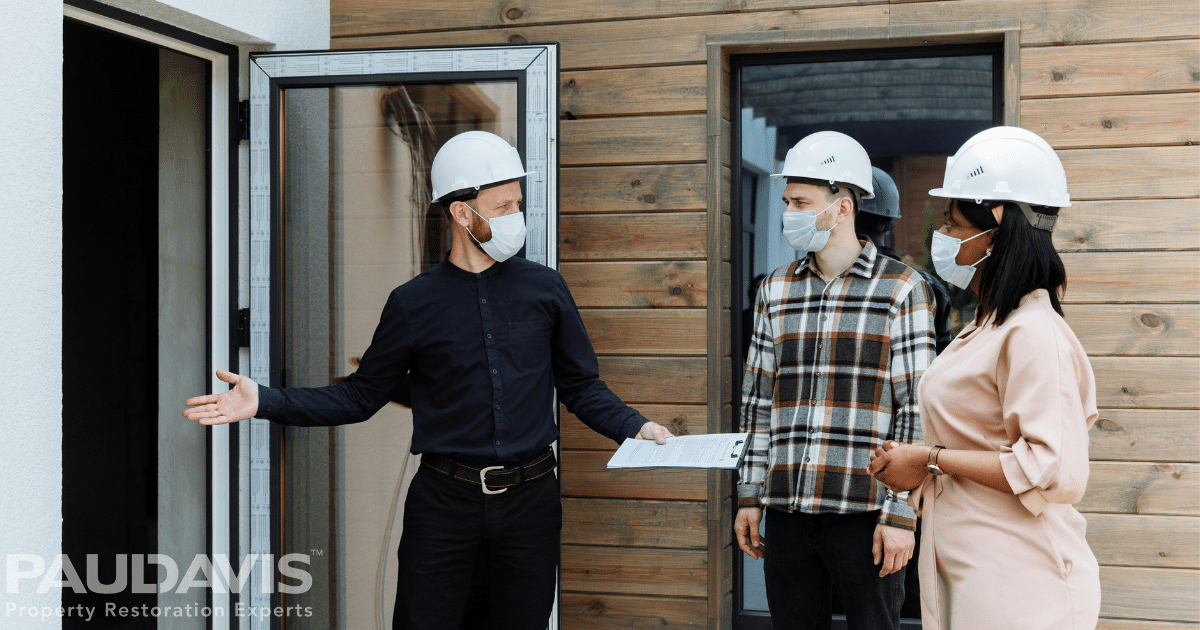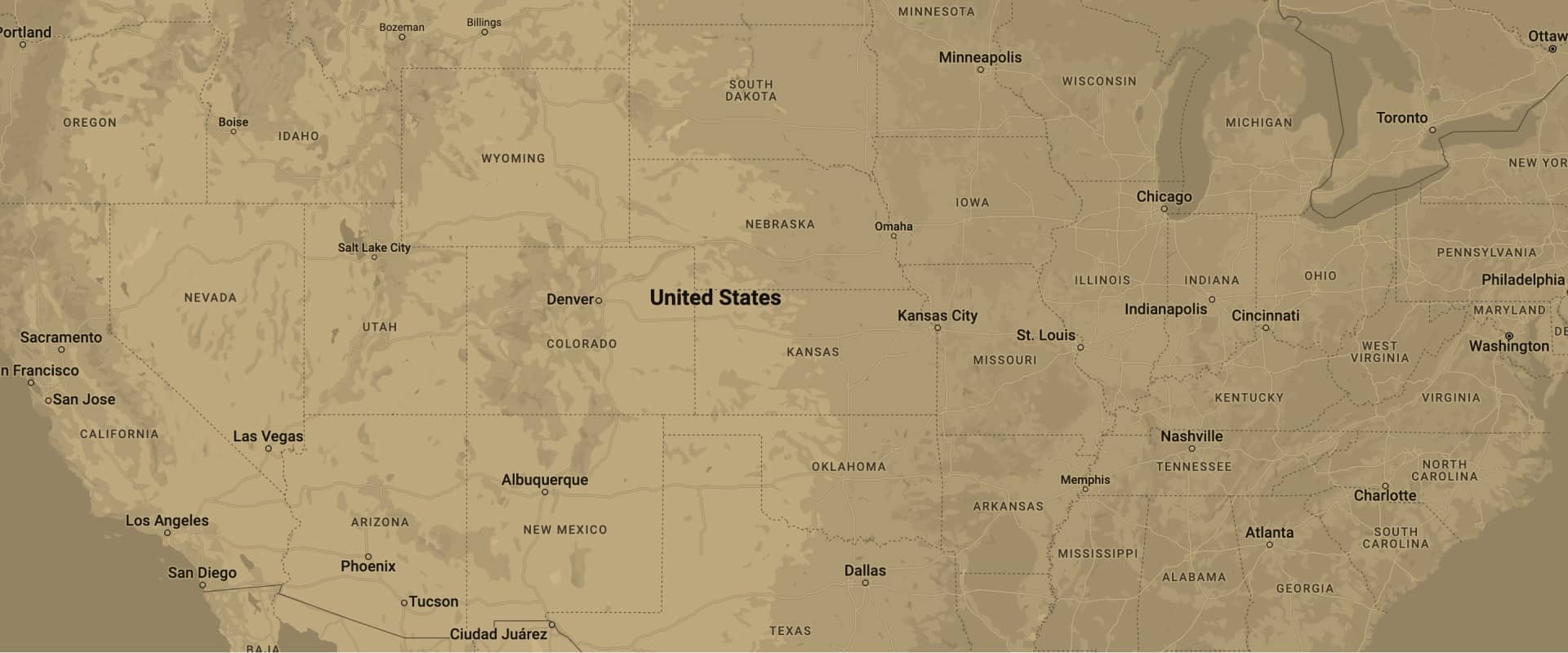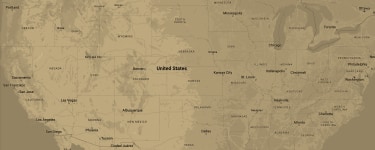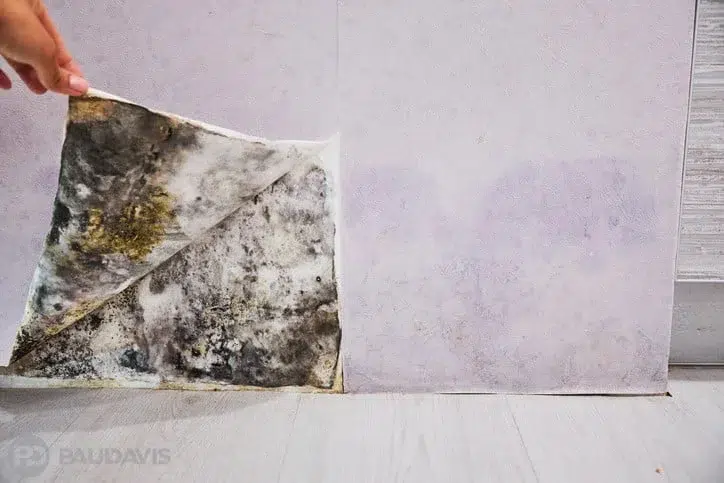
Because Paul Davis mitigates and restores property damage from many different disasters across North America, the company maintains high levels of technical expertise across diverse disciplines. In many cases, these pros, particularly in regional disaster situations, become valuable resources to officials, insurance carriers and emergency responders.
Matthew Morgan, a remediation manager for Paul Davis of North Houston, Texas, recently answered questions about his own area of proficiency: handling the difficult and widespread mold remediation needs in the U.S. southwest.
What is the current difficult mold situation in Texas?
A year after Hurricane Harvey, we’re dealing with Houston-area houses that stood underwater for days yet were never dried or cleaned properly. Thousands of those homes are on the resale market but each requires mold remediation before sale.
What’s required to complete those remediations?
State regulations for mold remediation are very strict so, in addition to the actual cleaning and sterilization procedures, administrative and record-keeping needs are high. A licensed party must plan the job and complete the testing. Remediation companies must have licenses to accept mold projects and complete remediations. One expert assesses and plans, another carries out the plan. These two parties must be separate on each project – one party can’t complete both parts on a job.
After mold remediation has been completed at a property, the Texas Department of Insurance gives a Certificate of Mold Damage Remediation. Signed off by a licensed contractor and a consultant, the certificate states that the mold remediation was properly completed, all guidelines have been met, and at the time of testing, no visible mold was present. The house is then ready for sale. From planning to completion, each project is very resource-intensive.
How does Paul Davis handle mold remediation in the state?
Given the size of the remediation need and the strict guidelines, I train all the technicians myself and walk every job, every day. We hold weekly safety meetings and regular huddle meetings for each team on a project.
Because Paul Davis mitigates and restores property damage from many different disasters across North America, the company maintains high levels of technical expertise across diverse disciplines. In many cases, these pros, particularly in regional disaster situations, become valuable resources to officials, insurance carriers and emergency responders.
Matthew Morgan, a remediation manager for Paul Davis of North Houston, Texas, recently answered questions about his own area of proficiency: handling the difficult and widespread mold remediation needs in the U.S. southwest.
What is the current difficult mold situation in Texas?
A year after Hurricane Harvey, we’re dealing with Houston-area houses that stood underwater for days yet were never dried or cleaned properly. Thousands of those homes are on the resale market but each requires mold remediation before sale.
What’s required to complete those remediations?
State regulations for mold remediation are very strict so, in addition to the actual cleaning and sterilization procedures, administrative and record-keeping needs are high. A licensed party must plan the job and complete the testing. Remediation companies must have licenses to accept mold projects and complete remediations. One expert assesses and plans, another carries out the plan. These two parties must be separate on each project – one party can’t complete both parts on a job.
After mold remediation has been completed at a property, the Texas Department of Insurance gives a Certificate of Mold Damage Remediation. Signed off by a licensed contractor and a consultant, the certificate states that the mold remediation was properly completed, all guidelines have been met, and at the time of testing, no visible mold was present. The house is then ready for sale. From planning to completion, each project is very resource-intensive.
How does Paul Davis handle mold remediation in the state?
Given the size of the remediation need and the strict guidelines, I train all the technicians myself and walk every job, every day. We hold weekly safety meetings and regular huddle meetings for each team on a project.
Tight management and oversight are essential because all remediation activities follow detailed parameters. All parties have to know exactly what to do. Testing and protocol teams must review the extent of problem, the severity of mold, which of the thousands of types of mold affect the property, where water damage came from and methods for fixing the water source.
Containment and work methods must be precise and thorough. For example, plastic must billow inward toward the work area with a negative air pressure differential to keep mold spores from escaping. If the building is occupied, debris must be double-bagged and taken through a single stage decontamination unit. All workers must have state license cards and wear full body cover and respirator. Sanitization is required after mold removal. It’s exacting work all day, every day – with lots of coordination among parties – to ensure each home receives that certificate quickly and safely on a strict budget.
What should homeowners in Texas know about mold?
Homeowners should know the 25 square-foot rule: if a home has more than 25 contiguous square feet of mold growth, individuals licensed for mold remediation in the state of Texas must complete that remediation.
Mold is a scary word but at the end of the day it’s a living organism created to digest the natural environment and recycle material for reuse. We build our homes out of materials that mold digests. The most dangerous part is not necessarily the organism – many kinds are harmless – but the damage it causes to structures.
Tight management and oversight are essential because all remediation activities follow detailed parameters. All parties have to know exactly what to do. Testing and protocol teams must review the extent of problem, the severity of mold, which of the thousands of types of mold affect the property, where water damage came from and methods for fixing the water source.
Containment and work methods must be precise and thorough. For example, plastic must billow inward toward the work area with a negative air pressure differential to keep mold spores from escaping. If the building is occupied, debris must be double-bagged and taken through a single stage decontamination unit. All workers must have state license cards and wear full body cover and respirator. Sanitization is required after mold removal. It’s exacting work all day, every day – with lots of coordination among parties – to ensure each home receives that certificate quickly and safely on a strict budget.
What should homeowners in Texas know about mold?
Homeowners should know the 25 square-foot rule: if a home has more than 25 contiguous square feet of mold growth, individuals licensed for mold remediation in the state of Texas must complete that remediation.
Mold is a scary word but at the end of the day it’s a living organism created to digest the natural environment and recycle material for reuse. We build our homes out of materials that mold digests. The most dangerous part is not necessarily the organism – many kinds are harmless – but the damage it causes to structures.

